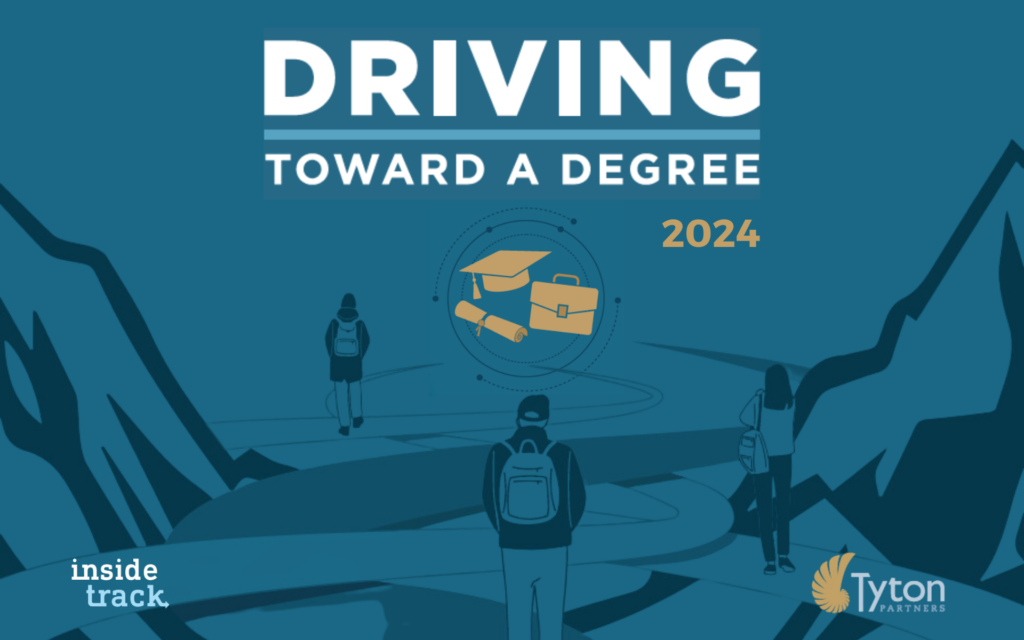Listening to Learners 2025
September 16, 2025 BlogListening to Learners 2025 Listening to Learners 2025 examines how student perspectives connect with institutional practices. The report…
This year’s Driving Toward a Degree, based on surveys of 3,000+ higher education administrators, frontline advising staff, and students, highlights the nascent use of generative AI to address advisor capacity constraints and the increasing challenge of advisor burnout and turnover.
This nationally acclaimed study has explored the evolving landscape of student advising and support in higher education since 2015, emphasizing the role of innovative solutions like generative AI in addressing persistent challenges.
 As the U.S. higher education system continues to evolve to meet diverse student needs, the Carnegie Classifications will launch a new classification system to assess colleges on their ability to improve social and economic status for today’s diverse students rather than traditional measures captured in the current Carnegie Classifications. This change will push institutions to strengthen holistic support services. As a result, student support and academic advising systems will become more critical than ever.
As the U.S. higher education system continues to evolve to meet diverse student needs, the Carnegie Classifications will launch a new classification system to assess colleges on their ability to improve social and economic status for today’s diverse students rather than traditional measures captured in the current Carnegie Classifications. This change will push institutions to strengthen holistic support services. As a result, student support and academic advising systems will become more critical than ever.
At Tyton Partners, we’re proud to leverage our expertise and strategic insights to help institutions implement effective solutions that enhance student success.